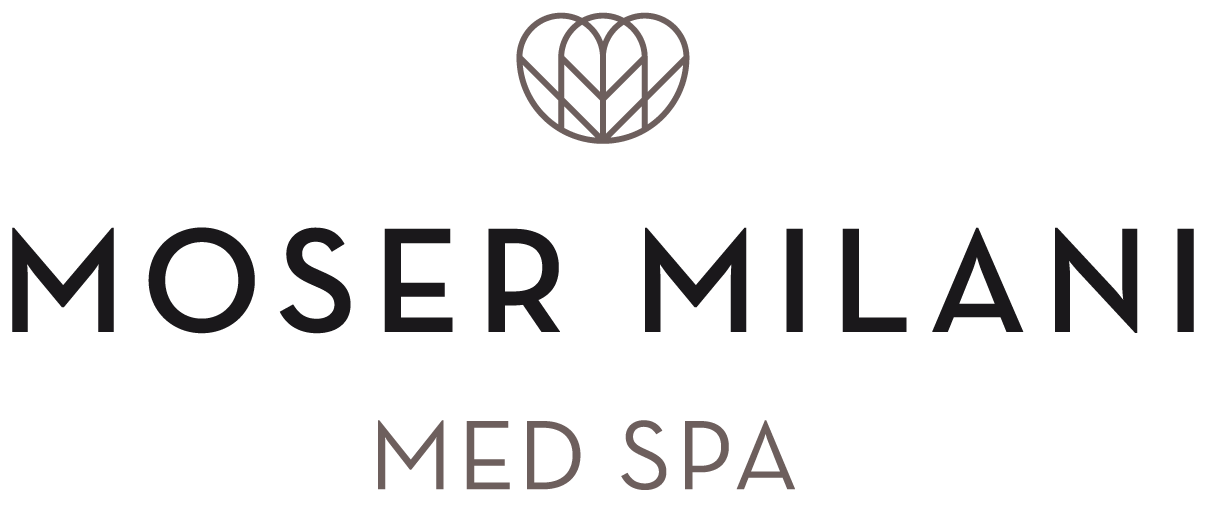Breast reduction
The dream of many women is a nightmare for some, because (too) large breasts affect not only their health but also their self-worth. This can lead to problems with the spine and shoulders.

“When nature is too kind to you…”
Breast reduction
Why breast reduction?
Especially during puberty, breasts that are too large not only represent a physical disability, but often also a disability psychological stress. In addition, especially in the summer months, soreness (wolf, intertrigo) can occur in the inframammary fold area and also between the breasts. But after the volume is reduced, all symptoms disappear.
The operation is largely painless.

Breast reduction at a glance
- Surgery duration: 1.5-2 hours
- Anesthesia: general anesthesia
- Hospital stay: about 1 night
- Metal-free sports bra: 6 weeks (day and night)
- Sport: after 3 weeks
- Able to socialize: after a few days
- Inability to work: a few days

Before the Operation
- For a period of approximately 14 days before the breast reduction, you should stop taking medications containing acetylsalicylic acid (e.g. aspirin , ASA, etc.) as they impair blood clotting.
- You should also avoid alcohol, cigarettes and Avoid sleeping pills as much as possible. Nicotine can also reduce blood circulation and delay wound healing. Therefore, avoid nicotine two weeks before the operation and also during the wound healing phase.
After the Operation
- Stitch removal is usually not necessary with self-dissolving suture material
- Plaster removal: after 2 weeks
- Metal-free sports bra: 6 weeks (day and night)
What will happen
During breast reduction, skin, fat and glandular tissue are removed, the breast is reshaped, the warts are reduced in size and the breasts are repositioned. With the right surgical method, scars can be kept as small and almost invisible as possible. Scars occur around the new areola, perpendicular to the mammary fold and, depending on the reduction and the nature of the tissue, also across the area of the mammary fold (but rather rare). The incision depends on the shape and size of the breast. The feeling in the nipple and the ability to breastfeed usually remain unchanged, but this also depends on the breast size.
What can happen
Scar formation varies from patient to patient. In addition, wound healing and sensory disturbances in the area of the nipple and areola can occur.
Schedule a Consultation
Dr. Shirin Milani
Specialist in plastic, aesthetic and reconstructive surgery

Dr. Veith Moser
Specialist in plastic, aesthetic and reconstructive surgery


